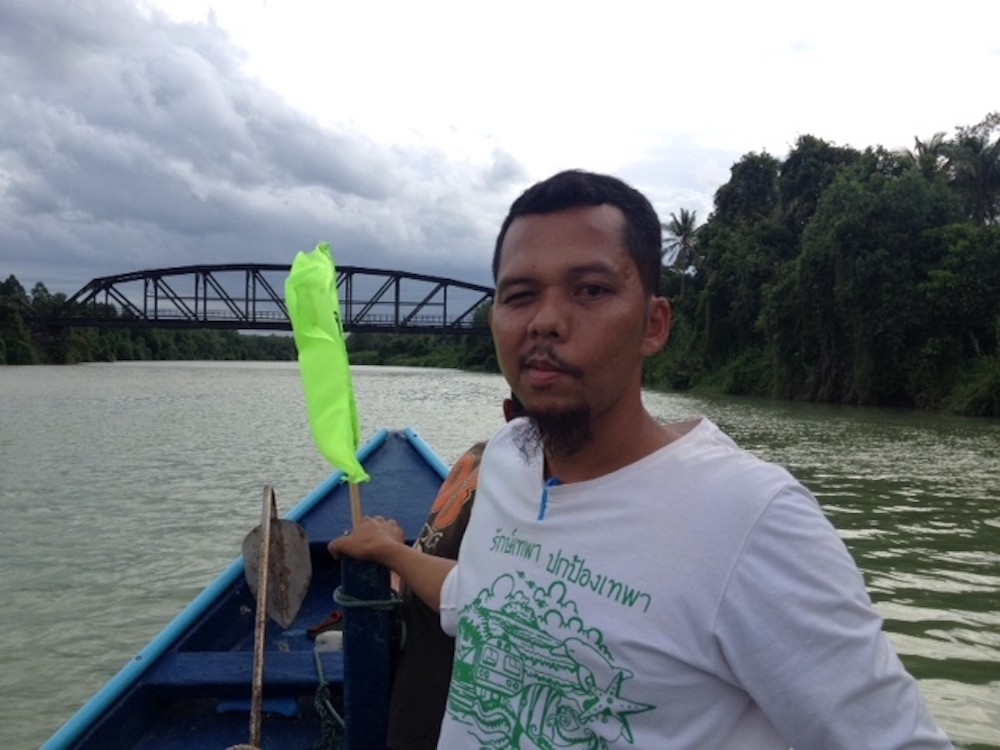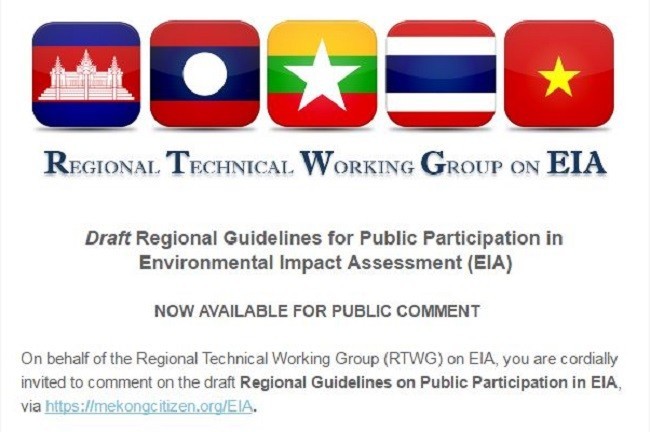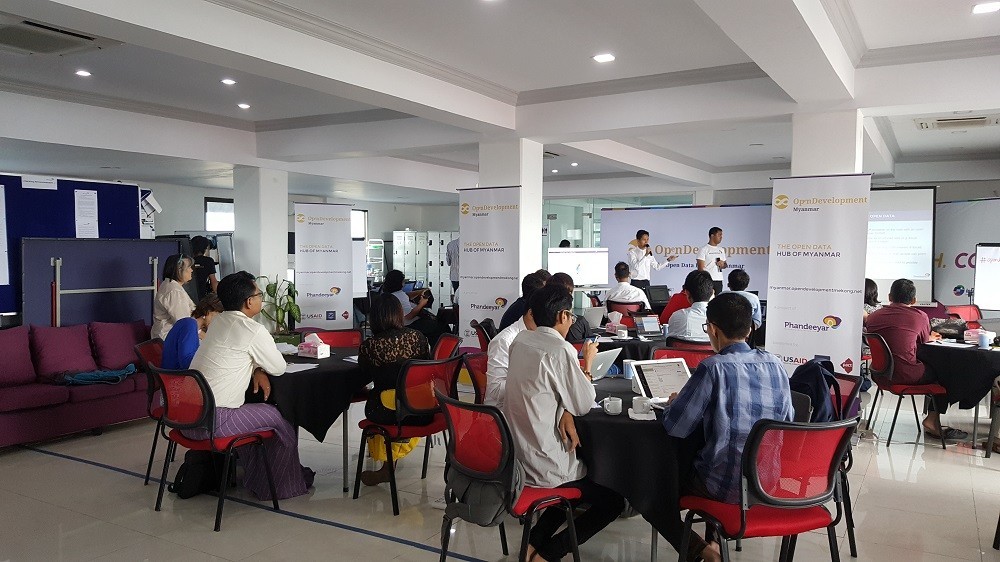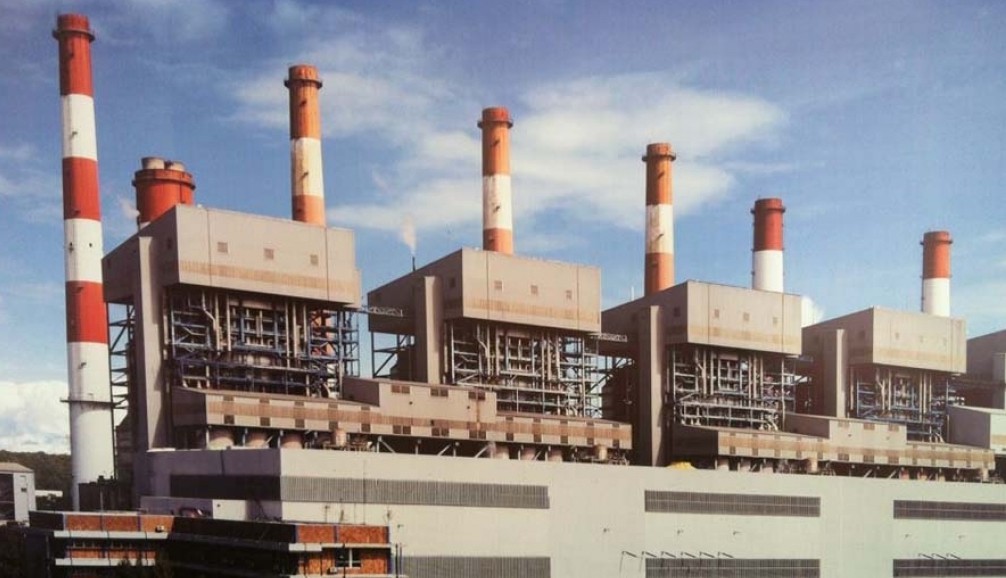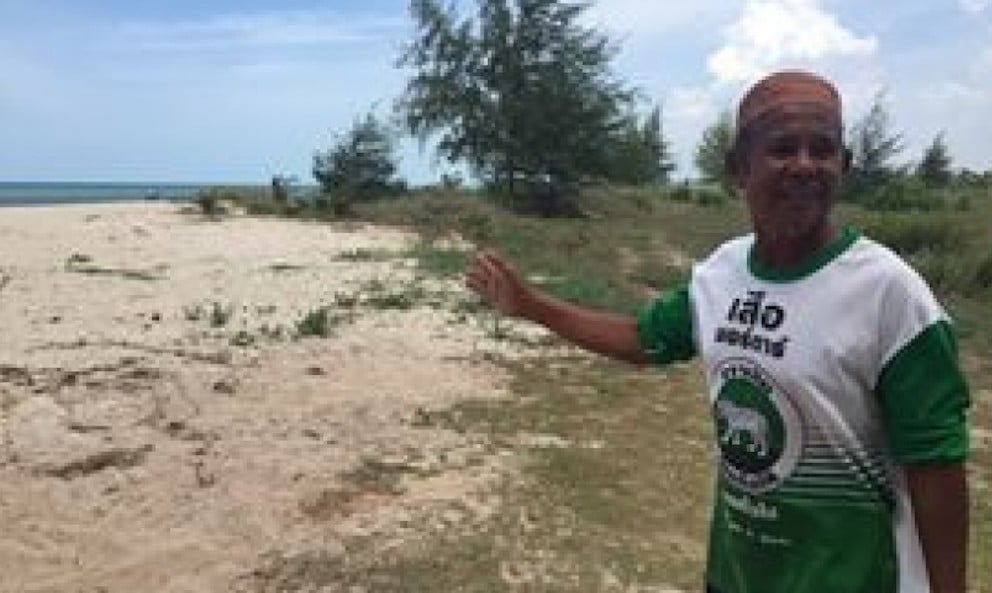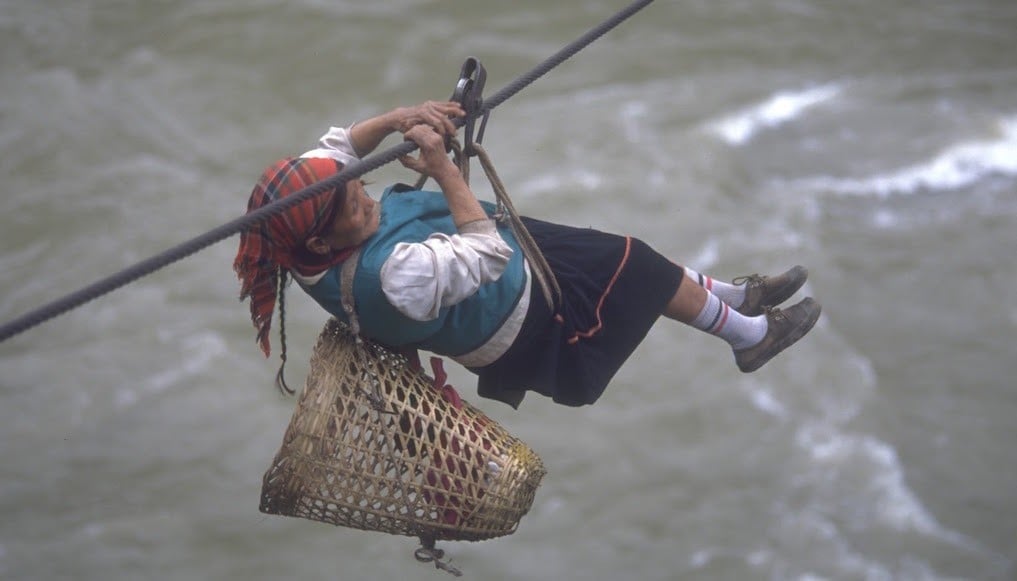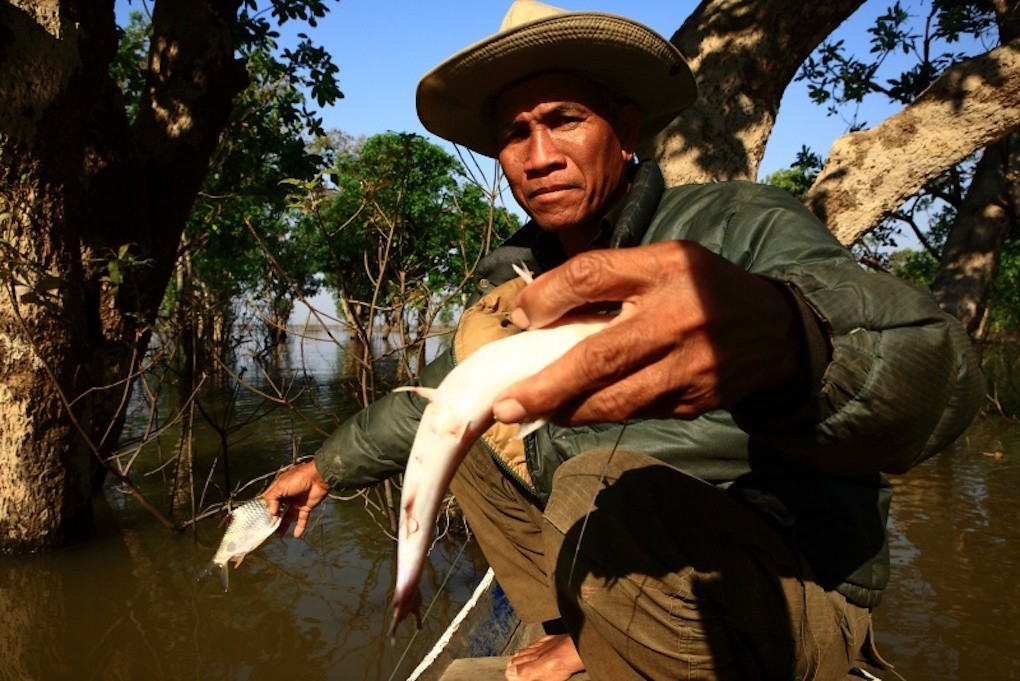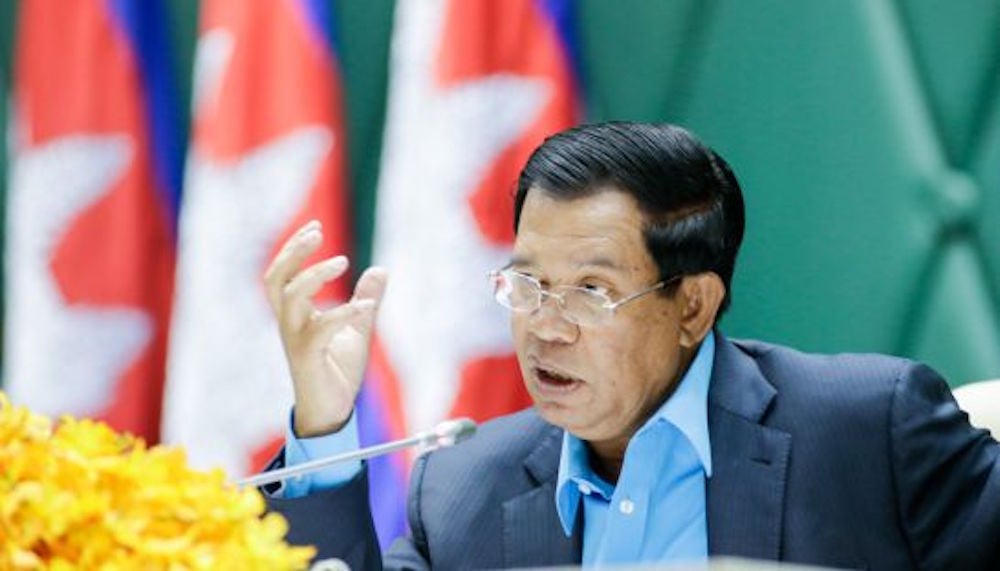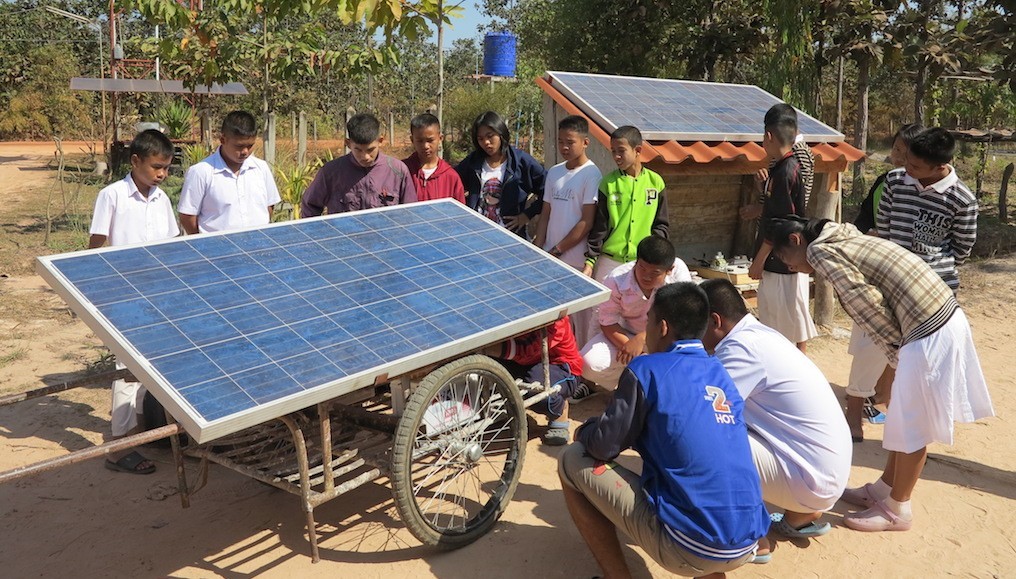My trip to Songkhla in the south of Thailand earlier this week was not a typical sightseeing jaunt, but it was certainly worthwhile.
My destination was not Muang district which is famous for its old-town quarters or Hat Yai, the well-known shopping district of the southern region, but a pristine beach in Thepa’s tambon Pak Bang which is the designated site for a controversial coal-fired power plant.


